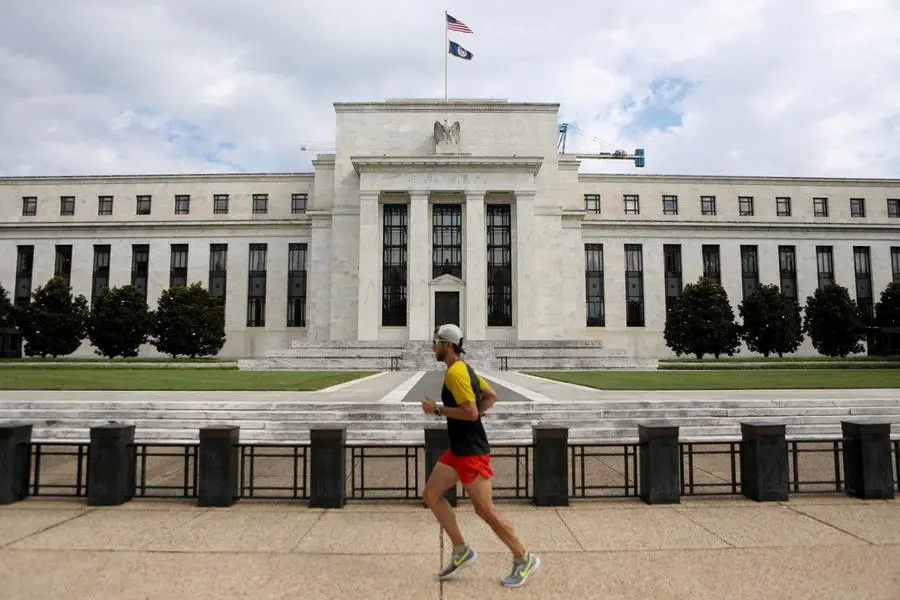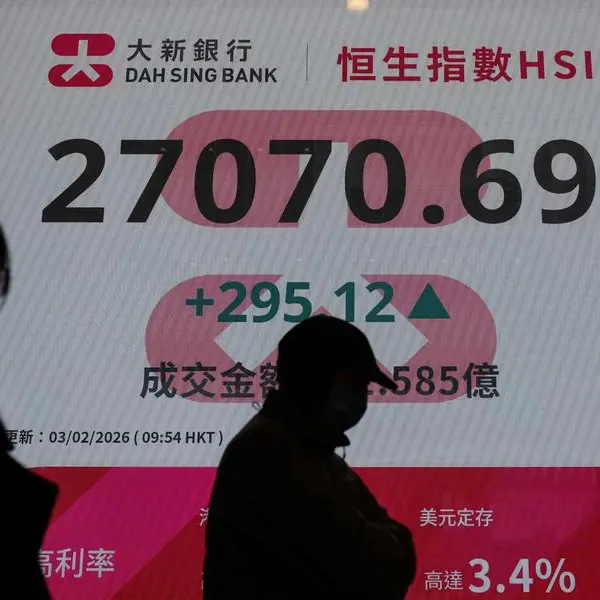PHOTO
Jackson Hole, Wyoming: Boston Federal Reserve President Susan Collins on Thursday expressed confidence the U.S. central bank will be able to bring inflation down without triggering a recession, and signaled her support for starting interest rate cuts next month.
"I think there's a clear path to achieving our goals without an unneeded downturn, and with a labor market that continues to be healthy," Collins said in an interview with Reuters in Jackson Hole, Wyoming, where global central bankers are gathering for the Kansas City Fed's annual economic symposium.
"The importance of preserving the healthy labor market as we continue to bring inflation down is one of the reasons why the timing seems appropriate to me to begin easing."
The Fed is widely expected to begin cutting rates at its Sept 17-18 policy meeting, marking an important turning point in its battle with inflation. The central bank rapidly raised its policy rate in 2022 and 2023 and has kept it in the 5.25%-5.50% range since last July. Inflation by the Fed's preferred measure was running at an annual rate of 2.5% in July, still above its 2% target but well below the peak of around 7% two years ago.
Collins would not comment on the odds that the Fed would kick off its easing cycle with a half-percentage-point rate cut rather than the more usual quarter-percentage-point move, but her emphasis on the health of the labor market and call for a "gradual, methodical" approach to adjusting policy suggests she leans toward a smaller reduction in borrowing costs.
Among the risks to the outlook, she said, is the possibility of a "self-fulfilling" spiral into economic weakness should the view take hold that the U.S. labor market is cooling too fast.
"It's important to talk about the range of data that we're seeing that demonstrate a labor market that's healthy overall," Collins said, noting that job vacancies have come down, the reduction in monthly job gains is being driven mostly by a slowdown in hiring rather than a rise in layoffs, and the unemployment rate, at 4.3%, is still low.
"The orderly rebalancing we've seen has been encouraging and very helpful overall, and a gradual methodical approach to revisiting our policy stance over time, I think, will continue to be appropriate," she said. "We're well positioned and... preserving that healthy labor market as we continue to bring inflation down is important." (Reporting by Ann Saphir; Editing by Paul Simao)




















